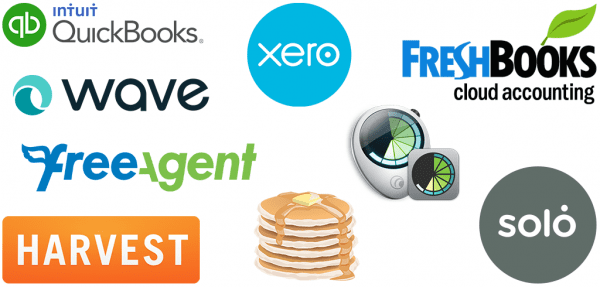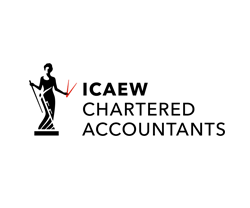5 Things to consider when choosing an accounting software (UK)

Choosing the right accounting software can be a daunting prospect. Whether it is desktop based or cloud software, there are numerous things to consider.
1. Functionality
The most important factor to consider is whether the software has all the features that your business needs. If it doesn’t then you’ll have to consider using add-on software to fill this void, which will of course have an additional cost.
Most of the accounting software available should have the core features that are expected for most businesses, i.e. sales invoicing, purchase invoices and bank reconciliations. Outside of these will of course vary from business to business and there may be additional costs for extra features. If you deal in multi-currency, look at how this is dealt with in the software and how it will impact your workflow.
Reporting is probably something that warrants consideration in its own right, but for the sake of quintessence, I’ll include it here. VAT and accounts (P&L, balance sheet and cash flow etc) reporting should be standard, but you should also be able to monitor various KPI’s from the information contained within your accounting software.
Touching on VAT; if you aren’t currently VAT registered, then becoming VAT registered shouldn’t be an issue within the software.
 2. Price
2. Price
Rewind 10-20 years and standard desktop accounting software could cost you hundreds (and even thousands) of pounds, payable up front.
These days small businesses are stepping away from the immobility of desktop solutions and opting for a more freeform approach using cloud software that can connect to other cloud software to share information. These software tend to command a monthly subscription cost of £10-£30, depending on the level of features that you require.
You also need to bear in mind the cost of any add-on software that you may need. If your core accounting software choice doesn’t have certain functionality that you require, but an add-on software does, then you’ll need to factor this into your costing.
3. Users
You will need to consider who will be using your accounting software and how exactly each of them will be using it. If your business requires different staff to have varying levels of access to your accounts, then the software must allow this.
For example, you might not want your sales staff to be able to access all of your accounts, but they will of course need access to sales invoicing and perhaps credit control.
 4. Support
4. Support
If things go pear-shaped, consider what support service the software provider will be able to give you. You can rely on your accountant to an extent; however, this could prove to be costly, particularly for the more traditional of accountants who charge by the hour.
Some software providers only offer e-mail support and whilst they argue that this is to provide a timely and complete response to any issues, sometimes you’d rather have the reassurance of someone at the other end of the phone.
 5. Your Accountant
5. Your Accountant
Whilst a ‘good’ accountant will be able to use any accounting software to meet your compliance requirements, it may be best to consider using a software that your accountant is more comfortable with.
To start with, they’ll be able to support you a lot more if things go pear-shaped. More importantly, they’ll also be able to add a lot more value when things are going well, whether that is steering you in the right direction with shortcuts or pointing you towards an add-on that will save you time.
Conclusion
Overall, the above factors should all be considered thoroughly before deciding to use a particular software. Changing your accounting software can be a particularly stressful, time consuming and expensive process, and therefore you don’t want to have to repeat it in six months’ time. It is also a process that warrants planning, and this will be covered in another article.
This article aims to explore the characteristics worthy of consideration when choosing an accounting software, rather than a like for like comparison of the software that is currently available. This should therefore enable you to form your own opinion as to whether a particular software is suitable, rather than being led by the opinion of the article’s author.







